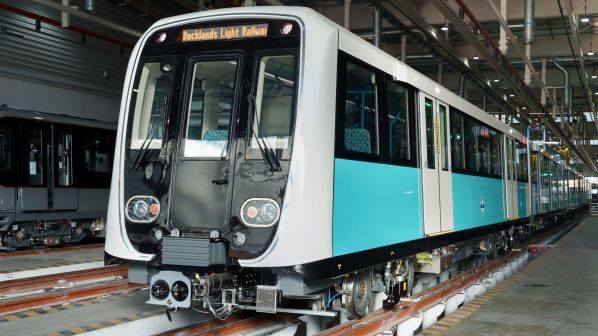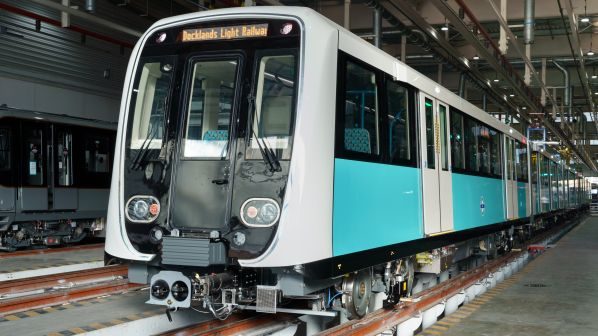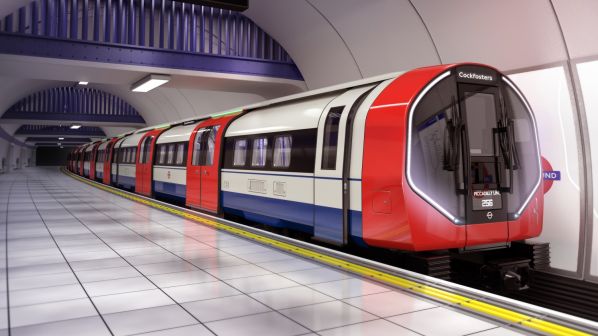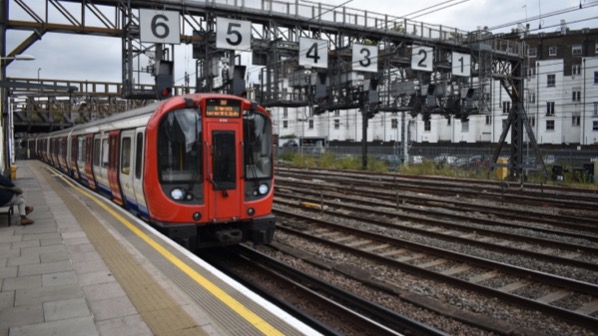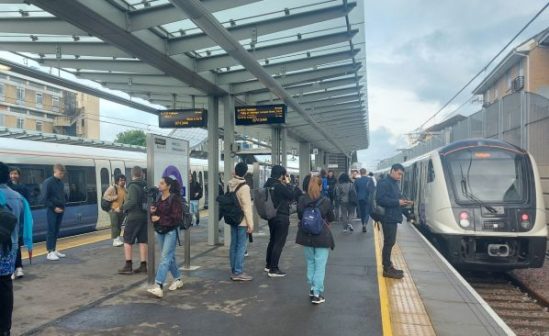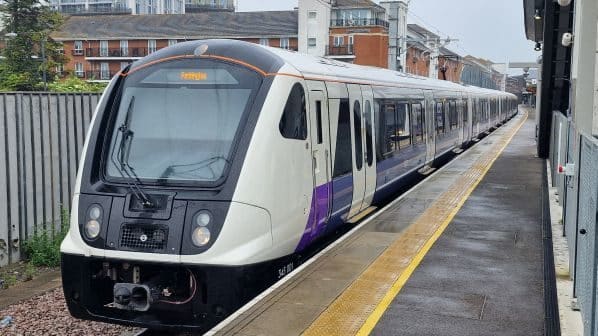TRANSPORT for London (TfL) has announced its latest budget, which shows it will achieve an operating surplus in the 2023-24 financial year. This will allow it to cover the costs of operating the existing network as well undertaking improvements - including introducing new trains for the Dockland Light Railway (DLR) and London Underground (LU) Piccadilly Line.
TfL says its £9.1bn in revenue will cover its expected £7.9bn operating costs and the £745m capital renewals and £417m in net interest costs that it will accrue during the next financial year, meaning it will achieve an overall operating surplus of £79m. TfL says this sum will be reinvested directly into enhancements across the transport network.
Ridership across the rail network has continued to grow, with TfL reporting that LU has reached 3 million journeys on weekdays and now exceeds pre-pandemic levels at weekends.
Rail improvements for the coming financial year include bringing into operation the first of 54 new DLR trains, which will help to increase the frequency of DLR services from 2024 and all of which will be in service by 2026.
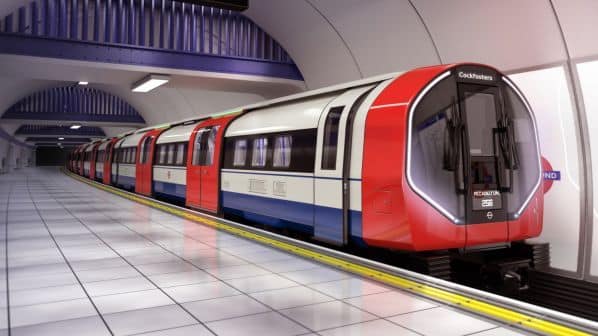
Progress will also be made in replacing the 1970s-built trains on the Piccadilly Line with a new fleet of barrier-free, air-conditioned trains, the first of which are expected to begin line tests from summer 2023 ahead of entering passenger service in 2025.
“The 2023-24 budget has been developed on the assumption that the current funding agreement with government, which lasts until April 2024, remains in place,” says TFL. “While TfL has a current funding agreement with the government until the end of March 2024, there is also a pressing need… to confirm the £475m that TfL needs in 2024-25 to support the delivery of the committed contracts for rolling stock and signalling on the Piccadilly Line and the DLR.”
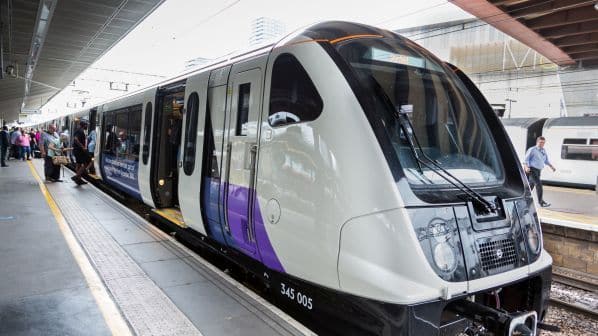
On the new Elizabeth Line, the aim is to introduce the full peak timetable in May, at which point the service will increase to 24 trains per hour between Paddington and Whitechapel, while 16 trains per hour will run off-peak. Direct services from Shenfield in Essex to Heathrow Airport will also begin, providing direct east-west connectivity for the first time.
“Given the recent announcement around the delays to HS2 terminating at Euston station, TfL also needs to begin procurement for additional Elizabeth Line trains,” the operator says. “These are needed to provide extra capacity once the new Old Oak Common station opens and HS2 services begin in the early 2030s. Without them, there is likely to be insufficient capacity on the Elizabeth Line for those looking to travel… to and from Central London.
“Confirmation of government funding to cover the additional rolling stock is needed now to ensure that TfL can begin the procurement before manufacturing production lines at Alstom’s factory in Derbyshire are demobilised. Failing to do so would mean delays and higher costs.”
TfL says the Elizabeth Line has transformed its approach to accessibility and it is working to make further improvements to its trains and stations, including the completion of step-free schemes at Knightsbridge and on the LU’s Bakerloo Line at Paddington.
For detailed data on rail projects and fleet orders from around the world, subscribe to IRJ Pro.
